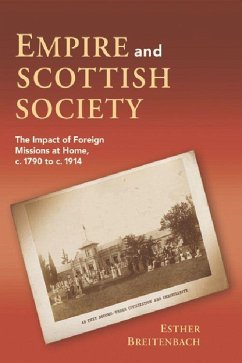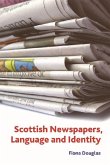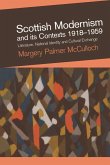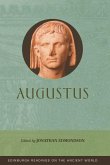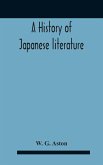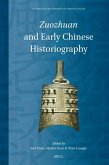This original book considers the mediation of empire by the foreign mission movement. The book gives depth and substance to general claims that empire permeated the lives of Scots in the 19th century and that Scots articulated a strong sense of national identity in the context of empire. It affirms the importance of civil society, and especially of religious institutions in this period, in the construction of representations of national identity.
This book examines how participation in the British Empire shaped constructions of Scottish national identity. It makes an important contribution to our understanding of 19th-century and early 20th-century Scottish society through its original use of a wide range of primary sources, and covers new ground in its assessment of the impact of empire at home. Esther Breitenbach shows how, in the course of the 19th century, Scots acquired a knowledge of empire and voiced opinions on imperial administration and on imperialism itself through philanthropic and religious, learned and scientific, and imperial propagandist activities. She explores the role that the foreign mission movement of the leading Presbyterian churches played in creating a vision of empire. And, focusing on Edinburgh as a case study, she discusses the social basis of support for the movement, including the increasingly prominent role played by women. Through analysing writings by and about missionaries in the missionary and secular press, Empire and Scottish Society asks how the foreign mission movement came to be a source of national pride, and provides new insights into the shaping of Scottish national identity and its relationship to the concept of Britishness.
Hinweis: Dieser Artikel kann nur an eine deutsche Lieferadresse ausgeliefert werden.
This book examines how participation in the British Empire shaped constructions of Scottish national identity. It makes an important contribution to our understanding of 19th-century and early 20th-century Scottish society through its original use of a wide range of primary sources, and covers new ground in its assessment of the impact of empire at home. Esther Breitenbach shows how, in the course of the 19th century, Scots acquired a knowledge of empire and voiced opinions on imperial administration and on imperialism itself through philanthropic and religious, learned and scientific, and imperial propagandist activities. She explores the role that the foreign mission movement of the leading Presbyterian churches played in creating a vision of empire. And, focusing on Edinburgh as a case study, she discusses the social basis of support for the movement, including the increasingly prominent role played by women. Through analysing writings by and about missionaries in the missionary and secular press, Empire and Scottish Society asks how the foreign mission movement came to be a source of national pride, and provides new insights into the shaping of Scottish national identity and its relationship to the concept of Britishness.
Hinweis: Dieser Artikel kann nur an eine deutsche Lieferadresse ausgeliefert werden.

